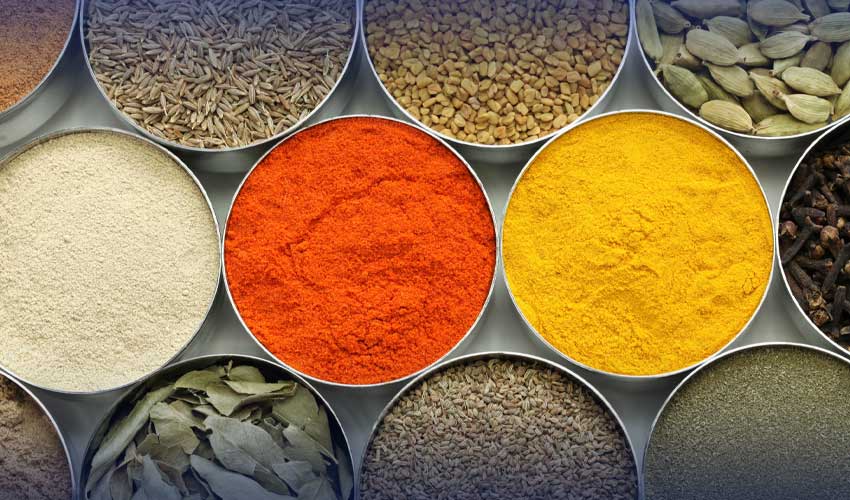Indian spices, including major brands like MDH and Everest, have been banned by the European Union due to the presence of the carcinogen ethylene oxide.
Singapore and Hong Kong have also imposed complete bans, citing similar concerns. Despite these global actions, the Indian government has not yet responded effectively.
In the United States, 14% of MDH spice shipments were rejected in 2021 due to bacterial contamination.
Also read: Concerns mount over safety of Indian food exports
Over the past four years, the European Union has banned more than 500 varieties of Indian spices. Recent seizures in Gujarat revealed over 60,000 kg of adulterated spices, including chili powder, turmeric, and coriander.
These issues extend beyond spices, with Indian nuts, dry fruits, herbs, and other food products also facing global rejections.
The pharmaceutical sector has suffered too, with reports of Indian cough syrup causing fatalities in Africa due to high ethylene glycol levels.



























